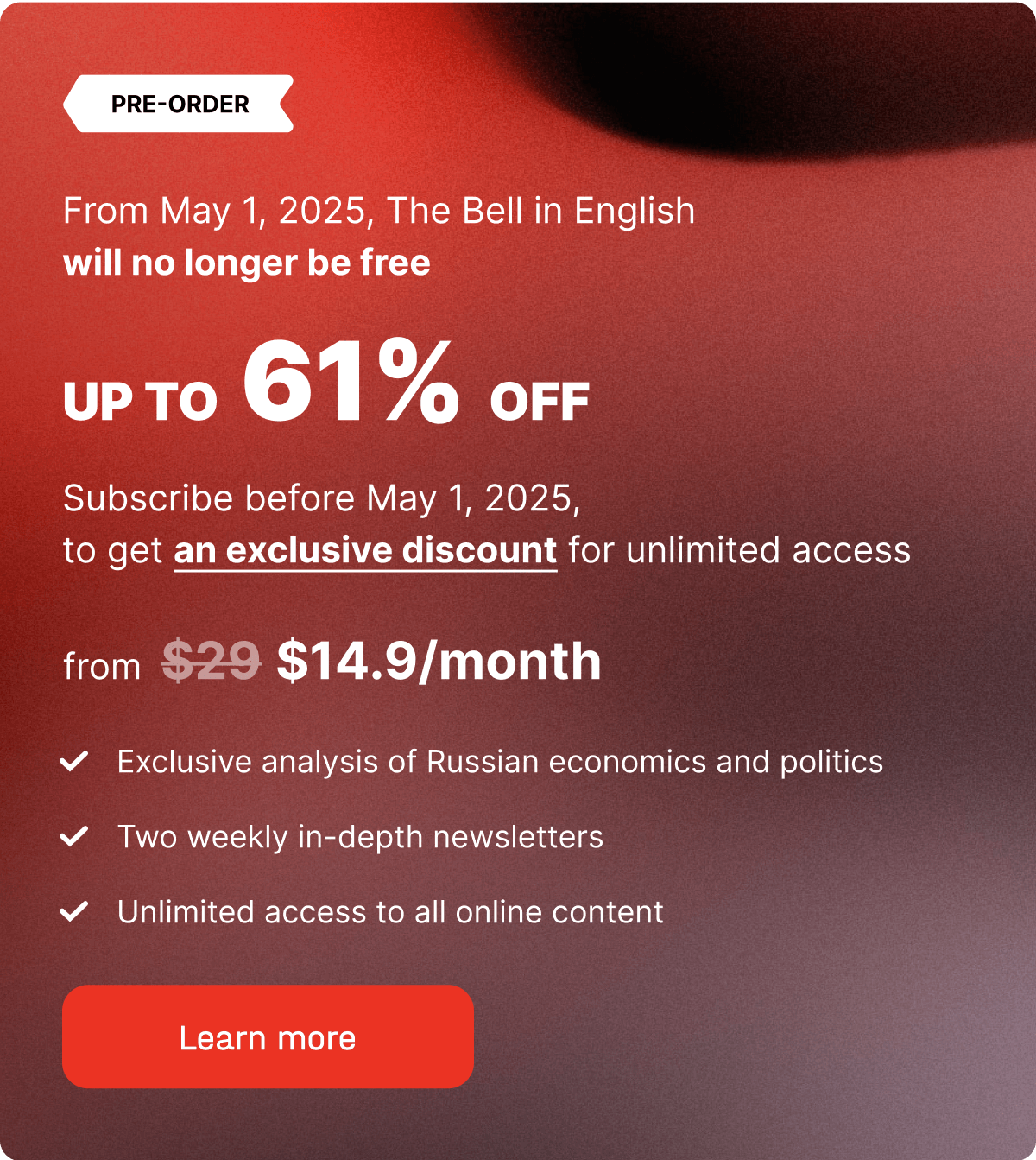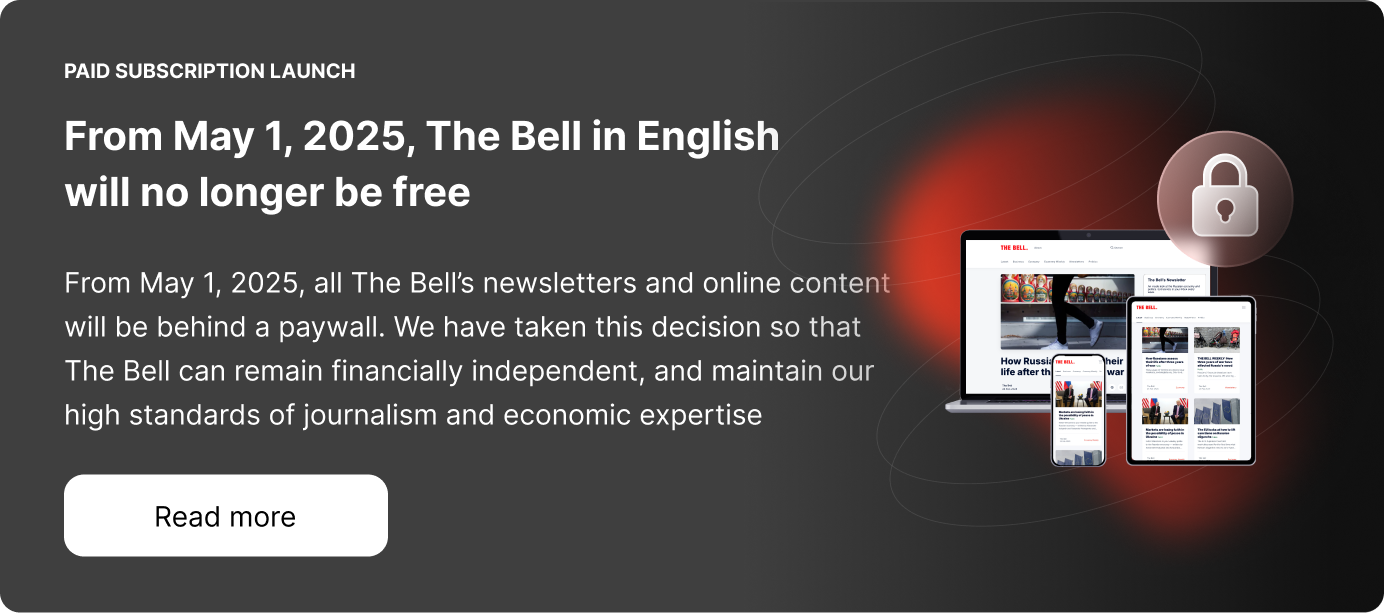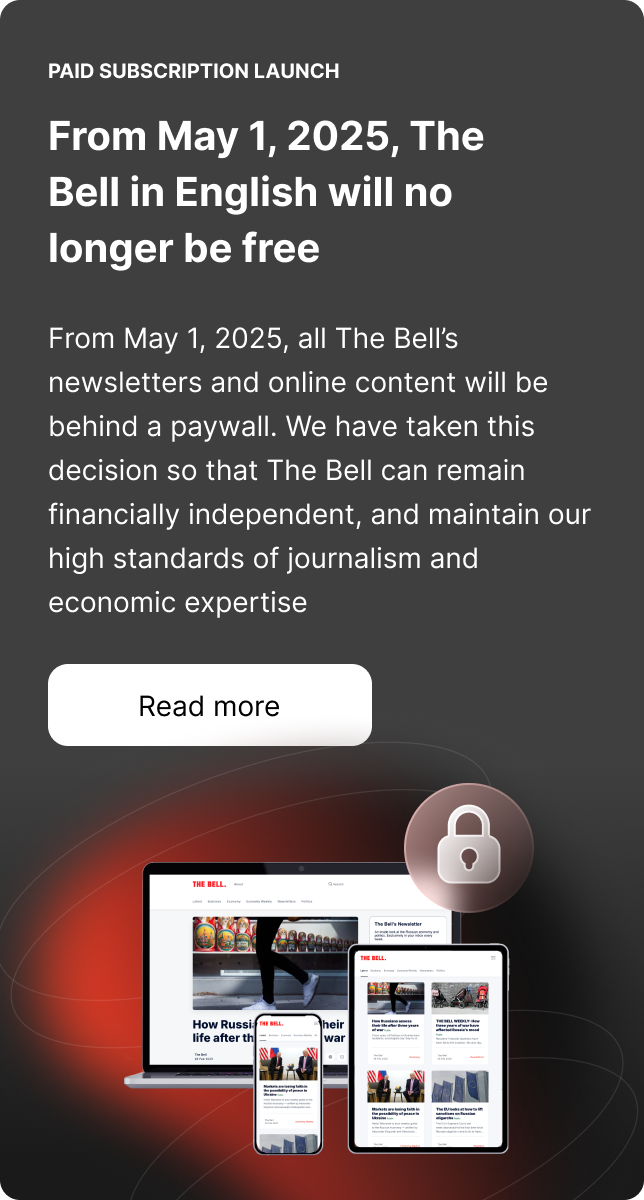
Propagandists revel in US tariffs, ignoring peril to Russian economy
Russian officials and propagandists rushed to portray the United States’ new tariffs as a blow against Europe – completely ignoring the potential consequences it could have on Russia’s domestic economy. The main message on state media has been that the tariffs have divided the EU, while U.S. President Donald Trump is simply doing his best to defend the interests of his own citizens
- Russia’s main Sunday night review show talked up how Germany, Europe’s largest economy, would struggle with the shock tariffs imposed by the Trump regime. Dubbing the U.S. President “the undertaker of German industry,” they claimed that Berlin could no longer afford both sanctions against Russia and a trade war with America. “A trade war with the United States of America, regardless of whether Europe takes part or not, means more and more Germans will look longingly at the ruins of the Nord Stream. Underground gas reservoirs are empty and prices will rocket in August when preparations for the heating season begin,” it said. A reporter on Channel 1 summed it up succinctly: “Europe is in shock.”
- Russia’s print media adopted a similar tone. “Now, when Trump, who promised to revive the American auto industry and strongly defend national interests, hikes tariffs on imported European automobiles, local politicians and manufacturers accuse him of a trade war,” wroteRossiyskaya Gazeta, the official print newspaper of the Russian government.
- At Russia’s biggest information agency, RIA Novosti, one columnist differed from his fellow propagandists, admitting that tariffs will drive up prices in the United States and reduce trade, leading to problems for Trump’s plans to localize production. “However, Trump has the bit between his teeth and has no intention of stopping: he has already promised that he will see it through and the United States is in line for a boom while, at the same time, a loud bang awaits the collective West,” they wrote. By “bang” the author specified they were referring to a process “predicted by the Russian president back in 2022” that sees “the West’s undivided dominance of world affairs come to an end.”
- Several Russian politicians also saw the import tariffs as a legitimate American attempt to restore some fairness in Washington’s relations with Europe. “The EU fleeced the United States for many years when it imposed tariffs on American goods, although European products in the States were free of this. Now, I’m afraid, the free ride is over and Brussels is twitching,” Vladimir Dzhabarov, deputy chairman of the Federation Council’s committee on foreign affairs said in an interview. In the State Duma, the tariffs were described as a “diplomatic-commercial move.”
- Neither politicians nor propagandists bothered to analyze exactly how the Trump administration is calculating its tariffs, nor whether they are fair. In addition, they didn’t mention any possible impact on the Russian economy. Trump has not imposed tariffs on Russia, but a global trade war will certainly affect the country. Our latest economic newsletter explores this in more detail.
Why the world should care:
It’s not a surprise that Russia makes no criticism of tariffs themselves. Propagandists and politicians alike believe in the prospects of a swift normalization of relations with Washington. In their opinion, it also speaks volumes that Trump announced the tariffs when Kirill Dmitriev, the Russian president’s special envoy, was in Washington. His talks were claimed as a success for the Kremlin, despite appearing to have made little impact in the States. Russia believes it won’t be long before the whole world recognizes the “strategic Washington-Moscow-Beijing triangle” that pro-Kremlin international analysts dream of. Nobody has dared to publicly consider the damage to the Russian economy that comes from a global trade war driving down oil prices.



PAID SUBSCRIPTION LAUNCH
From May 1, 2025, The Bell in English will no longer be free
From May 1, 2025, all The Bell’s newsletters and online content will be behind a paywall. We have taken this decision so that The Bell can remain financially independent, and maintain our high standards of journalism and economic expertise








